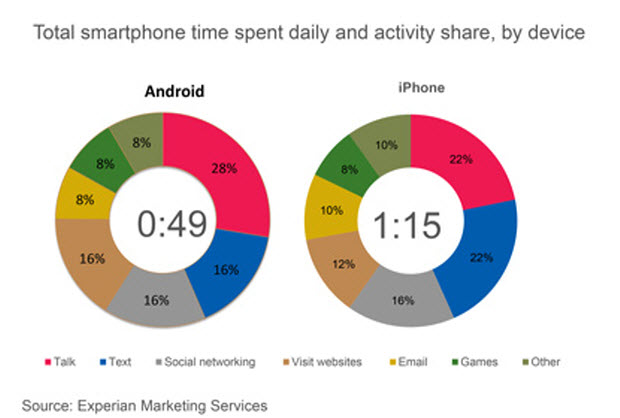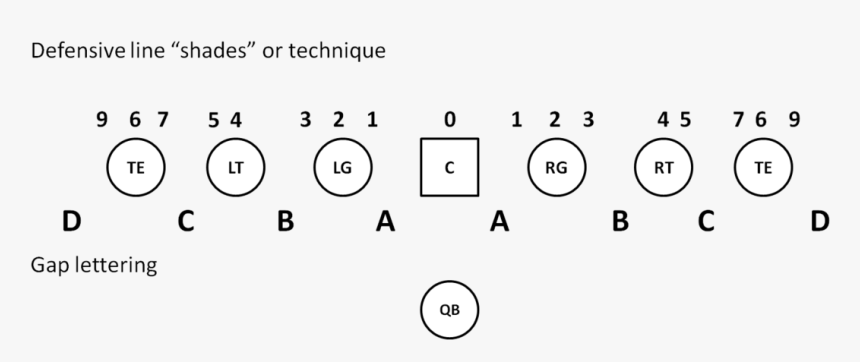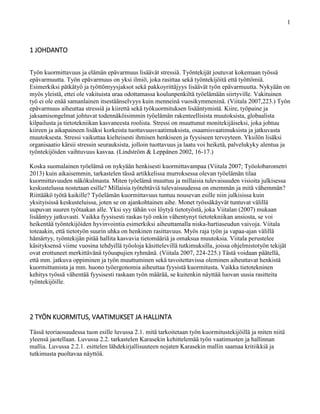ChatGPT Developer OpenAI Under FTC Investigation: Examining The Issues

Table of Contents
Main Points:
2.1. Data Privacy Concerns and ChatGPT: Protecting User Information
H3: Data Collection Practices: OpenAI's data collection practices regarding ChatGPT are at the heart of the FTC's concerns. ChatGPT collects vast amounts of data, including user prompts, generated responses, and even browsing history in some instances. This data is used to train and improve the model, making it more powerful and responsive. However, the scale and scope of this data collection raise serious privacy concerns.
- Lack of Transparency: The exact extent of data collection isn't always explicitly clear to users.
- Data Retention Policies: The duration for which user data is retained and the security measures employed remain unclear to many.
- Data Sharing Practices: Concerns exist regarding whether OpenAI shares user data with third parties, and if so, under what conditions.
- Compliance with Regulations: OpenAI's practices must adhere to regulations like GDPR (General Data Protection Regulation) in Europe and CCPA (California Consumer Privacy Act) in California, among others. The FTC investigation will scrutinize OpenAI's compliance with these critical laws.
H3: Data Security Breaches and Safeguards: The security of user data is paramount. Any breach could expose sensitive information, leading to significant legal and reputational damage for OpenAI. While OpenAI claims to implement robust security measures, the sheer volume of data handled creates inherent vulnerabilities.
- Potential for Hacking: Large language models are attractive targets for hackers seeking to access sensitive user information.
- Data Loss Incidents: The possibility of accidental data loss through technical failures cannot be discounted.
- Insufficient Security Measures: Questions remain regarding the sufficiency of OpenAI's security protocols to protect against sophisticated attacks.
- Liability for Breaches: OpenAI faces significant legal liability if a data breach occurs due to inadequate security measures.
H3: Transparency and User Consent: OpenAI's privacy policy, which outlines its data handling practices, is a key area of the FTC's focus. The clarity and comprehensiveness of this policy are crucial in determining whether users are adequately informed about how their data is used and whether they have given truly informed consent.
- Legibility and Accessibility: The privacy policy should be easily understandable for the average user, not just legal professionals.
- Meaningful Consent: Users should be able to opt out of data collection or control how their data is used.
- Regular Policy Updates: OpenAI needs to keep its privacy policy updated to reflect changes in its data practices.
2.2. Algorithmic Bias and Fairness in ChatGPT: Addressing Ethical Concerns
H3: Bias Detection and Mitigation: Large language models like ChatGPT are trained on massive datasets, which may reflect existing societal biases. This can lead to biased outputs, perpetuating harmful stereotypes and discriminatory practices. Identifying and mitigating this bias is a significant challenge.
- Gender Bias: ChatGPT may exhibit gender bias in its responses, reflecting biases present in its training data.
- Racial Bias: Similarly, racial biases can manifest in the model's output.
- Bias Amplification: The model can inadvertently amplify existing biases, leading to unfair or discriminatory outcomes.
- Mitigation Strategies: OpenAI needs to implement robust bias detection and mitigation techniques.
H3: Fairness and Accountability: The deployment of potentially biased AI systems raises serious ethical questions. OpenAI, as the developer, has a responsibility to ensure fairness and accountability in its AI systems.
- Impact on Vulnerable Groups: Biased AI can disproportionately harm marginalized communities.
- Accountability Mechanisms: Clear mechanisms are needed to hold OpenAI accountable for the harmful outputs of its AI systems.
- Ethical Guidelines: The need for robust ethical guidelines for AI development and deployment is critical.
H3: Transparency and Explainability: The lack of transparency in how ChatGPT generates its responses raises concerns. Understanding the decision-making process of such complex AI systems is crucial for building trust and addressing ethical concerns.
- Black Box Problem: The complexity of large language models makes it difficult to understand their internal workings.
- Explainable AI (XAI): Research into XAI techniques aims to make AI systems more transparent and understandable.
- Building Trust: Transparent and explainable AI is crucial for building public trust and fostering responsible AI development.
2.3. The Impact of the FTC Investigation on OpenAI and the AI Industry
H3: Potential Penalties and Regulatory Changes: The FTC investigation could lead to significant penalties for OpenAI, including hefty fines and regulatory changes that could significantly impact its operations.
- Financial Penalties: OpenAI could face substantial fines for violating data privacy regulations.
- Operational Restrictions: The FTC might impose restrictions on OpenAI's data collection and use practices.
- Reputational Damage: The investigation itself could damage OpenAI's reputation and hinder its future growth.
- Industry-Wide Impact: The outcome will set a precedent for other AI developers.
H3: Shifting Landscape of AI Development: The FTC investigation is likely to influence future AI development practices. It could lead to increased regulatory scrutiny of AI technologies and a greater emphasis on responsible AI development.
- Increased Regulation: We can expect stricter regulations and oversight of AI development and deployment.
- Ethical AI Development: The focus will shift towards incorporating ethical considerations into the entire AI development lifecycle.
- Data Privacy by Design: Data privacy will need to be built into AI systems from the ground up.
- Transparency and Accountability: AI developers will need to prioritize transparency and accountability in their systems.
Conclusion: The Future of ChatGPT and OpenAI in the Wake of FTC Scrutiny
The FTC investigation into ChatGPT Developer OpenAI is a watershed moment for the AI industry. The key takeaways highlight the urgent need to address critical issues related to data privacy, algorithmic bias, and responsible AI development. OpenAI’s future, and indeed the future of the entire AI landscape, hinges on its ability to effectively navigate these challenges and implement robust safeguards. Stay informed about the developments in this "ChatGPT Developer OpenAI Under FTC Investigation" and engage in the ongoing conversations about responsible AI development. The future of AI depends on it.

Featured Posts
-
 New Palantir Stock Price Targets After Recent Market Gains
May 09, 2025
New Palantir Stock Price Targets After Recent Market Gains
May 09, 2025 -
 Metas 168 Million Payment In Whats App Spyware Case Analysis And Outlook
May 09, 2025
Metas 168 Million Payment In Whats App Spyware Case Analysis And Outlook
May 09, 2025 -
 Characters Connections And The Ectomobile Arctic Comic Con 2025 Photo Gallery
May 09, 2025
Characters Connections And The Ectomobile Arctic Comic Con 2025 Photo Gallery
May 09, 2025 -
 Surgeon General Nomination Withdrawn White House Selects Maha Influencer
May 09, 2025
Surgeon General Nomination Withdrawn White House Selects Maha Influencer
May 09, 2025 -
 Pam Bondis Assertion Access To Jeffrey Epsteins Client List
May 09, 2025
Pam Bondis Assertion Access To Jeffrey Epsteins Client List
May 09, 2025
Latest Posts
-
 Muutoksia Britannian Kruununperimysjaerjestyksessae Uusin Lista
May 09, 2025
Muutoksia Britannian Kruununperimysjaerjestyksessae Uusin Lista
May 09, 2025 -
 The Evolution Of Elizabeth Hurleys Cleavage From Red Carpet To Everyday Style
May 09, 2025
The Evolution Of Elizabeth Hurleys Cleavage From Red Carpet To Everyday Style
May 09, 2025 -
 Britannian Kruununperimysjaerjestys 2024 Kuka Seuraa Kuningas Charlesia
May 09, 2025
Britannian Kruununperimysjaerjestys 2024 Kuka Seuraa Kuningas Charlesia
May 09, 2025 -
 Wheelchair Accessibility On The Elizabeth Line Gaps And Solutions
May 09, 2025
Wheelchair Accessibility On The Elizabeth Line Gaps And Solutions
May 09, 2025 -
 Britannian Kruununperimysjaerjestys Taessae On Ajankohtainen Lista
May 09, 2025
Britannian Kruununperimysjaerjestys Taessae On Ajankohtainen Lista
May 09, 2025
